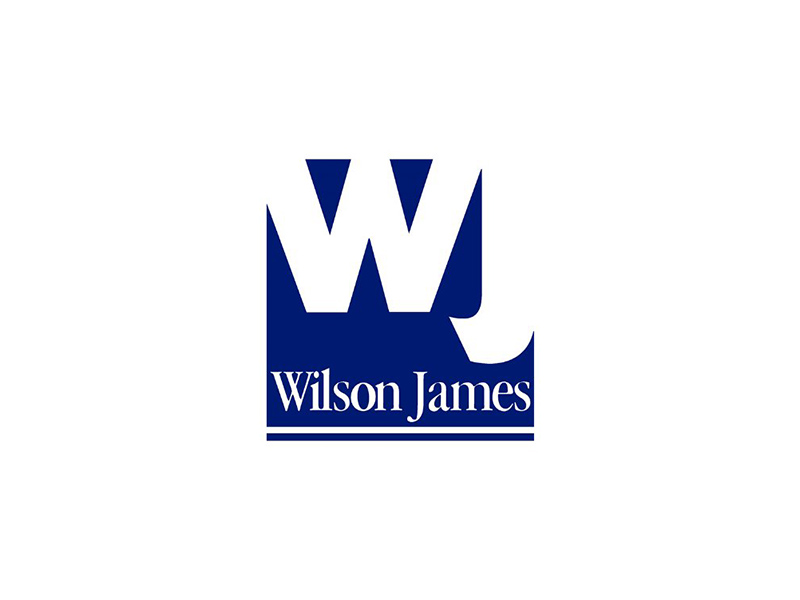In the ever-evolving technological landscape, Chesamel stands firm in its belief that technology is not merely a tool but a catalyst for marketing transformation, workforce solutions, and overall business evolution. As we progress into 2023, following the tumultuous shifts of 2022, there’s a palpable sense of optimism.
This renewed spirit is not just about harnessing technology but understanding its transformative power in shaping both business and society. As we navigate this digital age, it’s imperative to stay informed and proactive.
Join us as we explore the top technology trends of 2023, promising sustainable growth and solutions to global challenges.
1. Generative AI: The Game Changer
Generative AI, while a relatively new entrant in the tech world, has rapidly established itself as a force to be reckoned with. Rooted in the principles of applied AI and industrialised machine learning, this technology has witnessed a staggering threefold surge in interest from 2021 to 2022. Its applications are vast and transformative, ranging from seemingly simple tasks like email copy to more profound impacts, such as potentially injecting $4.4 trillion into the global economy. As we marvel at the prospects of Generative AI, it’s crucial to acknowledge the foundational AI technologies that paved the way for these innovations, underscoring their enduring value and growth potential.
If you’re curious to learn more about the impact of Generative AI on marketing and its future implications, be sure to check out our latest podcast episode on the subject, with our guest speaker Chris Penn!
2. Investment Dynamics in Tech Trends
While investment in some tech trends has seen a contraction, the overall faith in their value potential remains unwavering. Trust architectures and digital identity have witnessed significant growth, emphasising the increasing importance of security and privacy across sectors. On the other hand, technologies like applied AI and cloud computing have seen a decline in investments, likely due to their maturity. It’s crucial for businesses to adopt a balanced approach, investing in both mature and nascent technologies to ensure sustained growth and innovation.
3. The Importance of Diversified Focus
While it’s easy to get swept up in the hype surrounding certain trends, businesses must avoid tunnel vision. By concentrating solely on the most popular trends, they risk overlooking the immense value potential of other technological advancements. For instance, edge computing and bioengineering continue to show promise, with numerous use cases across industries. Quantum computing, though still in its infancy, is projected to bring significant economic impact to sectors like automotive, financial services, and life sciences.
4. The Talent Conundrum
The technological advancements of today are only as good as the talent behind them. There’s a growing disparity between the demand for skilled professionals and the available talent pool, with 316,000 unfilled tech positions. Our analysis of job postings in tech trends indicates a significant demand for skills, with many roles having fewer qualified candidates than required. Businesses must be proactive in attracting and retaining top talent, offering compelling value propositions to prospective employees. Additionally, with automation poised to transform the workforce, there’s an increasing need for upskilling and role adaptation.
5. Trust Architectures and Digital Identity
In today’s digital age, where cyber threats and data breaches have become alarmingly common, the significance of trust architectures and digital identity cannot be overstated. Their growth by nearly 50% speaks volumes about the mounting concerns surrounding security. As the lines between businesses and consumers blur in the digital space, the imperative for steadfast and reliable digital identities grows.
One of the latest EY reports, reveals that a significant majority, approximately 63%, of financial service executives express apprehension regarding the insufficient measures taken to ready the industry for potential unintended repercussions of AI.
A report from Cybersecurity Ventures in 2021 projected cybercrime damages to hit an astonishing $6 trillion annually. Such figures not only highlight the critical need for enhanced security measures but also emphasise the role of trust architectures and digital identity solutions. It’s not merely about thwarting unauthorised access; it’s about crafting a secure digital ecosystem where businesses and consumers can interact with unwavering confidence.
6. Advanced Connectivity and Cloud Computing
While there’s a noticeable decline in investments in areas like advanced connectivity and cloud computing, it’s crucial to interpret this as a sign of industry maturity rather than stagnation. 5G, poised to support over a billion devices by 2023, promises a global economic impact of $13.2 trillion by 2035, heralding transformative changes across sectors, from real-time data exchanges to innovations in healthcare and entertainment. Simultaneously, cloud computing, with its market projected to touch $832 billion by 2025, remains pivotal for businesses, emphasising scalability and data-driven strategies. The anticipated surge in edge computing further signals a move towards decentralised data processing, optimising the capabilities of IoT devices.
7. Quantum Computing’s Potential
Once confined to the realm of theoretical physics, quantum computing is now poised to make a tangible impact on various industries. From automotive to life sciences, the potential value addition from quantum computing is estimated to be a staggering $1.3 trillion by 2035. Beyond the financial implications, the capabilities of quantum computers are profound. They offer solutions to challenges that classical computers find insurmountable, such as intricate system optimizations and molecular simulations crucial for drug discovery.
Echoing this sentiment, a report by Boston Consulting Group (BCG) projects quantum computing to be a burgeoning industry, potentially worth between $5 billion to $10 billion in the coming decades. As the boundaries of this technology expand, it’s imperative for businesses to stay attuned to its advancements, ready to leverage its transformative potential.
8. The Future of Mobility
The mobility sector is rapidly evolving, driven by electrification and renewables. The talent crunch in areas like the future of mobility indicates its growing importance and potential for disruption. As urbanisation and sustainability concerns grow, the electric vehicle (EV) market is expanding, with the International Energy Agency (IEA) projecting 145 million electric cars on roads by 2030.
This surge is fueled by environmental priorities and battery tech advancements. Simultaneously, smart city initiatives, blending digital tech into urban designs, are expected to become a $2.57 trillion market by 2025, as highlighted by Grand View Research. For businesses, especially in automotive and energy, adapting to these trends is crucial for future success.
At Chesamel, we recognise the integral role of technology in shaping business landscapes. Our commitment is to understand and harness the latest tech trends, ensuring they align seamlessly with our core services in marketing, workforce, and business strategies.
With a keen eye on innovation and a deep understanding of its implications, Chesamel offers a thoughtful approach to tech solutions, making us a trusted partner in an ever-evolving digital world.
Book a call now with one of our team members to discuss how Chesamel can support you in your digital transformation journey.












